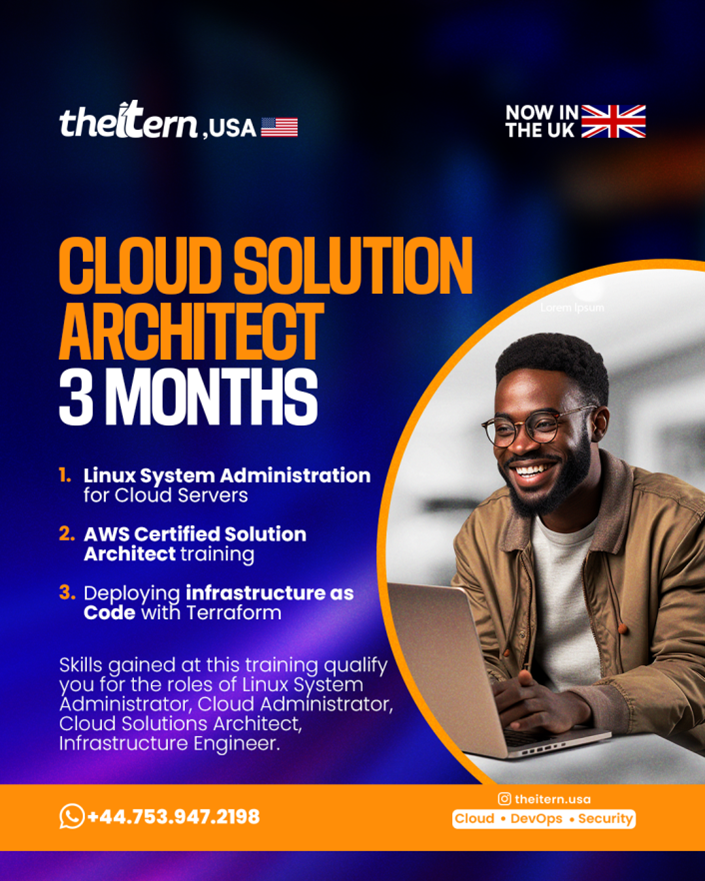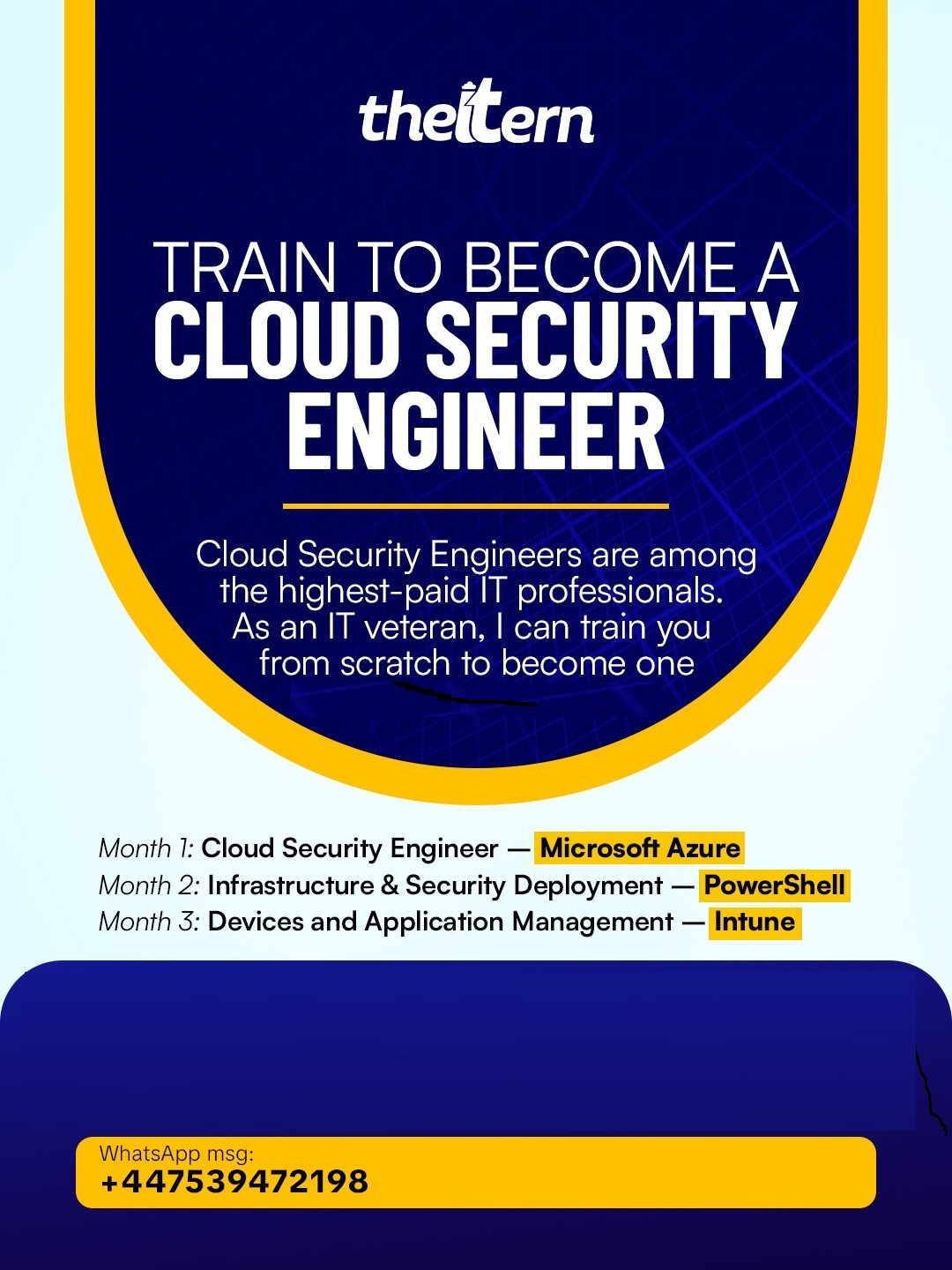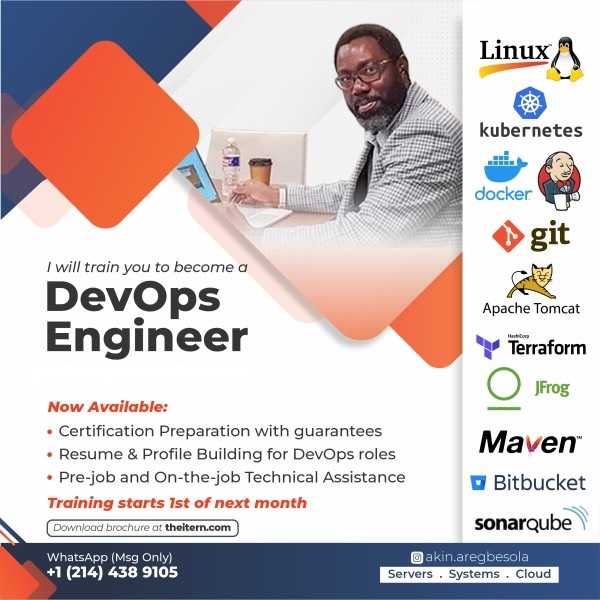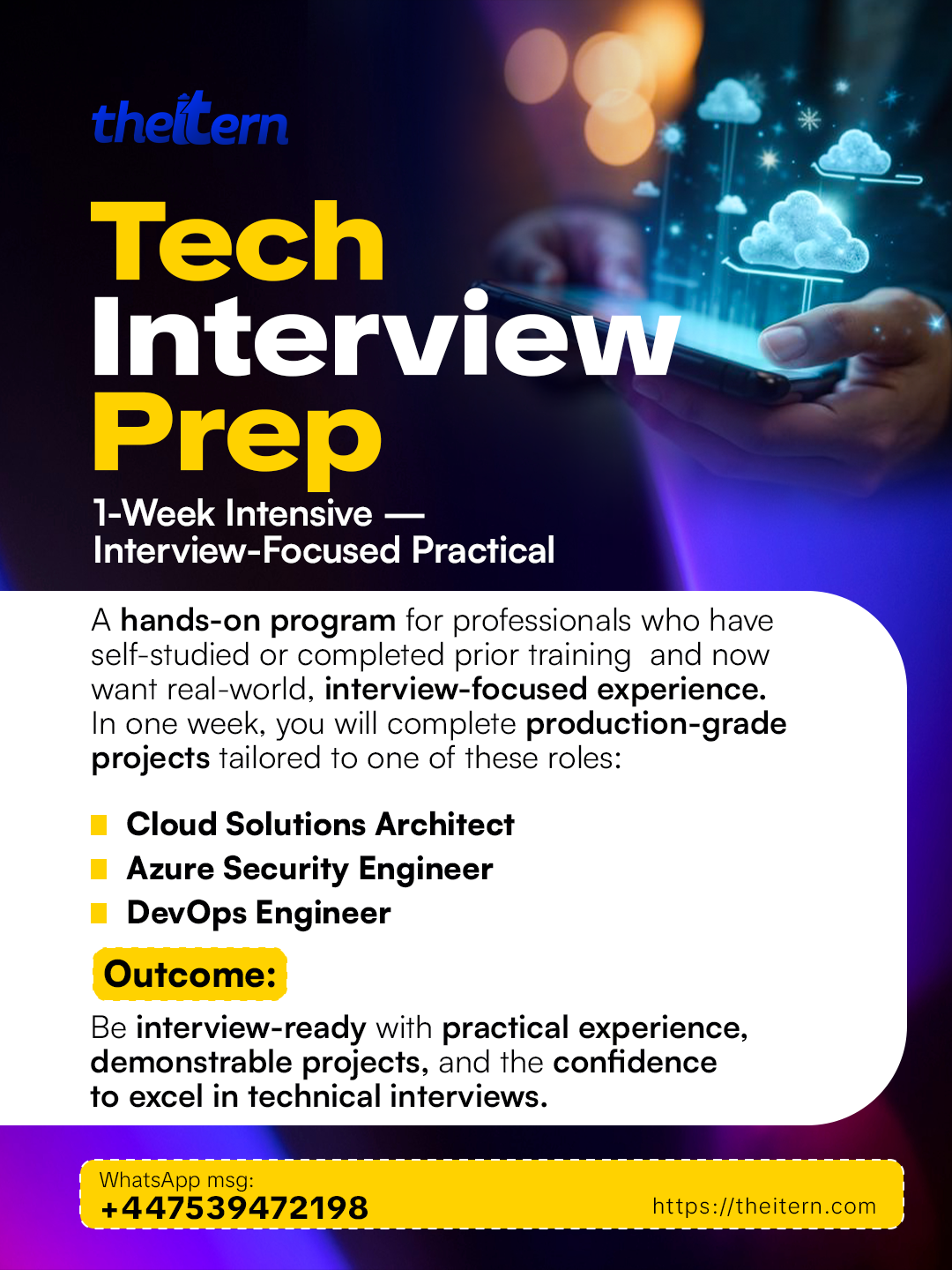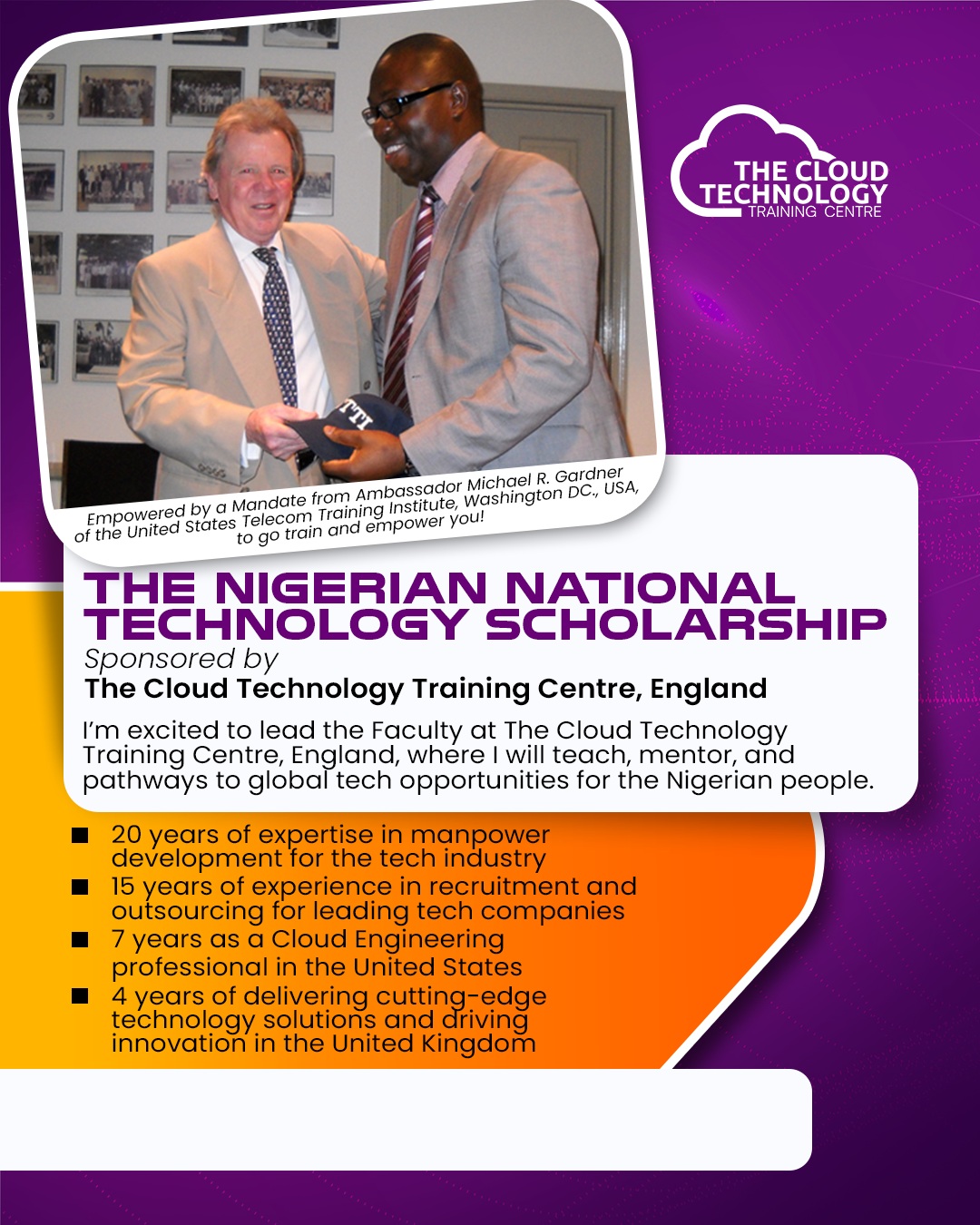Build Tech Skills via Projects
Cloud Architect; DevOps/Platform, Security Engineer
3–6 months, project-driven training programs built to prepare new entrants and career-advancing professionals for in-demand, real-world tech roles.
Featured Courses
First, complete Cloud Solution Architect. Then proceed to specialize as either Security or DevOps/Platform Engineer.
Cloud Solutions Architect
Instructor-led
Learn More Cloud Security Engineer
Instructor-led
Learn More DevOps/Platform Engineer
Instructor-led
Learn More InterviewPREP
Instructor-led
Learn More National Technology Scholarship
Instructor-led
Learn More theITern ADVANTAGE
Why Learners Worldwide
Trust Our Curriculum
Dedicated Instructor Support
Get consistent guidance and feedback from industry-experienced trainers and mentors.
Built to Industry Standards
Every module reflects real-world workflows and professional expectations.
Exam-Ready Learning
Gain the knowledge and practice needed to succeed in certification exams.
Reviews
Discover how our trainees describe their learning journey with us.
Our Typical Training Session
Introduction to Tech

